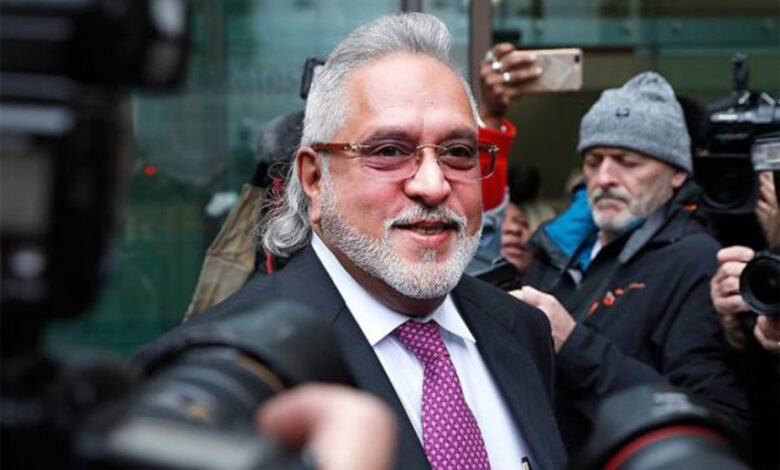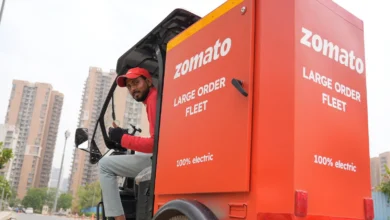Vijay Mallya declared bankrupt by London High Court, ED to attach assets
The ruling will help the consortium of Indian banks led by the State Bank of India to recover debt from loans given to Vijay Mallya’s now-defunct Kingfisher Airlines by seizing his India assets.

In a big win for Indian banks and a major setback for liquor baron Vijay Mallya, the London High Court on Monday (July 26) declared the fugitive Indian businessman bankrupt. Today’s ruling will help the consortium of Indian banks led by the State Bank of India (SBI) to recover debt from loans given to Vijay Mallya’s now-defunct Kingfisher Airlines by seizing his India assets.
Mallya had reportedly tried appealing against the High Court verdict but was refused permission to do the same.
Earlier this year in May, a UK Court had upheld an application by a lender consortium led by the SBI to amend their bankruptcy petition in favor of waiving their security over Mallya’s assets in India.
Chief Insolvencies and Companies Court (ICC) Judge Michael Briggs had handed down his judgment in favour of the banks to declare there is no public policy that prevents a waiver of security rights, as argued by Mallya’s lawyers.
The petitioners, in this case, consist of a consortium of 13 banks that include SBI, Bank of Baroda, Corporation bank, Federal Bank Ltd, IDBI Bank, Indian Overseas Bank, Jammu & Kashmir Bank, Punjab & Sind Bank, Punjab National Bank, State Bank of Mysore, UCO Bank, United Bank of India and JM Financial Asset Reconstruction Co. Pvt Ltd.
Meanwhile, the 65-year-old businessman remains on bail in the UK while a “confidential” legal matter, believed to be related to an asylum application, is resolved in connection with Mallya’s extradition proceedings.
However, the big challenge post this ruling by the UK court is to identify his properties outside the UK.
“The judgment paves the way for starting the process of attaching Mallya’s properties all over the world,” says one of the 11 consortium members. Mallya, who had sought asylum in the UK, has properties in different parts of the world.
“The first step would be to identify all his assets in the UK and other countries,” says the official.
The official also admits that it is going to be a long-drawn process as different jurisdictions have different requirements. “The first task is to identify the assets, which are in his name. We will have to approach the courts of other countries with favourable Indian as well as UK judgments,” he adds.



